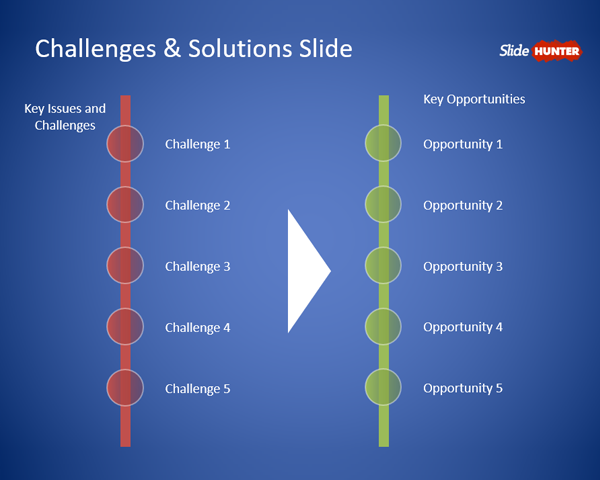- July 31, 2025
- 6:49 pm
Divorce and separation are challenging periods in any family’s life journey.
While these changes are often necessary for the well-being of the adults involved,
they can leave children feeling uncertain, anxious, frustrated, traumatized, and
overtaken. As parents and caregivers, understanding how to support kids
through these situations is crucial for their emotional health and mental stability. I
have tried to offer practical strategies and empathetic insights to help children
navigate divorce or separation with confidence and strength.
Understanding the Impact of Divorce on Children

Children process divorce differently based on their age, personality, and family
circumstances. Common emotional responses include sadness, anger, confusion,
and fear of abandonment. Younger children may struggle to express their
feelings, while teenagers may exhibit rebellion or withdrawal. Recognizing these
varied reactions help parents respond with patience and understanding.
Research has shown that children who receive consistent support and honest
communication tends to adapt more quickly and maintain healthier emotional
development, while on the other hand, unresolved feelings or exposure to parental
conflict can lead to long-term issues such as anxiety, depression, and trust difficulties.
Establish Open and Age-Appropriate Communication

One of the most effective ways to help children cope with divorce is
by establishing an open communication channel. Encourage them to express their
feelings without fear of judgment or punishment. Use language suitable for their
age—simple, clear, and honest explanations about the present situation.
For younger kids, reassure them that both parents love them unconditionally,
and the divorce is not their fault. For older children and teenagers, involve them in
discussions about changes in living arrangements, school routines, and family
dynamics. Listening actively and validating their emotions can alleviate feelings of
anger, isolation, and confusion.
Maintain Consistency and Routine

Children thrive on predictability, especially during times of disruption. Keeping
daily routines consistent—meal times, bedtimes, schooling schedules—provides a
sense of security. When routines change, explain the reasons calmly and reassure
children that their daily needs will continue to be met.
If possible, establish a stable environment in the house and workplace. This
includes maintaining familiar rules, traditions, and personal spaces. Consistency
helps children feel secured and grounded amid emotional turbulence.
Prioritize Emotional Support and Reassurance

Children need to feel safe and loved during this transitional period. Convey
frequent reassurance that they are not to blame for the separation and that their
parents will continue to care for them. Physical gestures like hugs, along with words
of affirmation, can be particularly comforting.
Encourage children to express their feelings through talking, drawing, or play.
If they seem overwhelmed, consider involving mental health professionals
specializing in family transitions. Therapy can provide a safe environment for
children to process their emotions and develop coping skills.
Minimize Parental Conflict and Foster Cooperation

Parental conflict can significantly impact a child's emotional state. Try
to keep disagreements private and avoid putting children in the middle of disputes.
Present a united front when discussing sensitive topics and coordinate parenting
strategies.
Cooperation and respectful communication between partners establish
a positive environment in the house and reduces stress for children. Using tools like
shared calendars or family meetings can facilitate effective co-parenting, ensuring
children’s routines and needs are prioritized.
Create New Family Traditions and Memories

While change can be unsettling, establishing new traditions helps children
adapt to their evolving family structure. Celebrate holidays, birthdays, and special
occasions in ways that include all relevant family members, fostering a sense of
belonging and continuity.
Involving children in planning these new traditions can empower them and
give them a sense of control during uncertain times. Over time, these shared
experiences contribute to building a strong family identity.
Encourage Peer Support and External Connections

Children benefit from social support beyond their immediate family.
Encourage participation in extracurricular activities, community groups, or peer
support programs where they can connect with others facing similar experiences.
School counsellors and mental health professionals can also offer valuable
guidance and coping strategies. Maintaining open lines of communication with
teachers and caregivers ensure that children’s emotional needs are recognized
and addressed promptly.
Focus on Self-Care for Parents and Caregivers

Supporting a child through divorce requires emotional strength and self-care.
Parents should seek their own support networks, whether through counselling,
support groups, or trusted friends. When parents model healthy coping strategies,
children learn resilience and emotional regulation.
Taking time for relaxation, mindfulness, or engaging in hobbies can recharge
caregivers and enhance their capacity to provide stable support.
Tailoring Support to Different Age Groups

Young Children (ages 3-7): Use simple language, reassure them of love, and
maintain routines. Spend time with them. Use play and storytelling to help them
understand and express feelings.
Middle Childhood (ages 8-12): Be honest about changes, involve them in
decisions, and encourage emotional expression through various outlets.
Adolescents (13+): Respect their independence, provide honest information,
and support their efforts to maintain friendships and relationship.
Conclusion: Turning Challenges into Opportunities for Growth

Divorce and separation undeniably introduce significant changes, but with
compassionate support, children can emerge from these experiences with courage
and emotional strength. The key lies in open communication, consistency, emotional
reassurance, and fostering a supportive environment.
By prioritizing their children’s well-being and working collaboratively with co-
parents, families can transform a difficult period into an opportunity for growth,
understanding, and strengthened bonds. Remember, seeking professional guidance
when needed is a sign of strength, not weakness, and can make a profound
difference in helping children navigate this complex transition.
Empowering Children Amidst Change
Every family’s journey through divorce is unique. With patience, empathy, and
proactive support, parents can help their children develop healthy coping skills and
maintain a sense of stability. The goal is to ensure that children feel loved, secure,
and confident in their ability to adapt, no matter what life changes come their way.
Feature Post
Popular Post
Browse Category
Subscribe News Letter